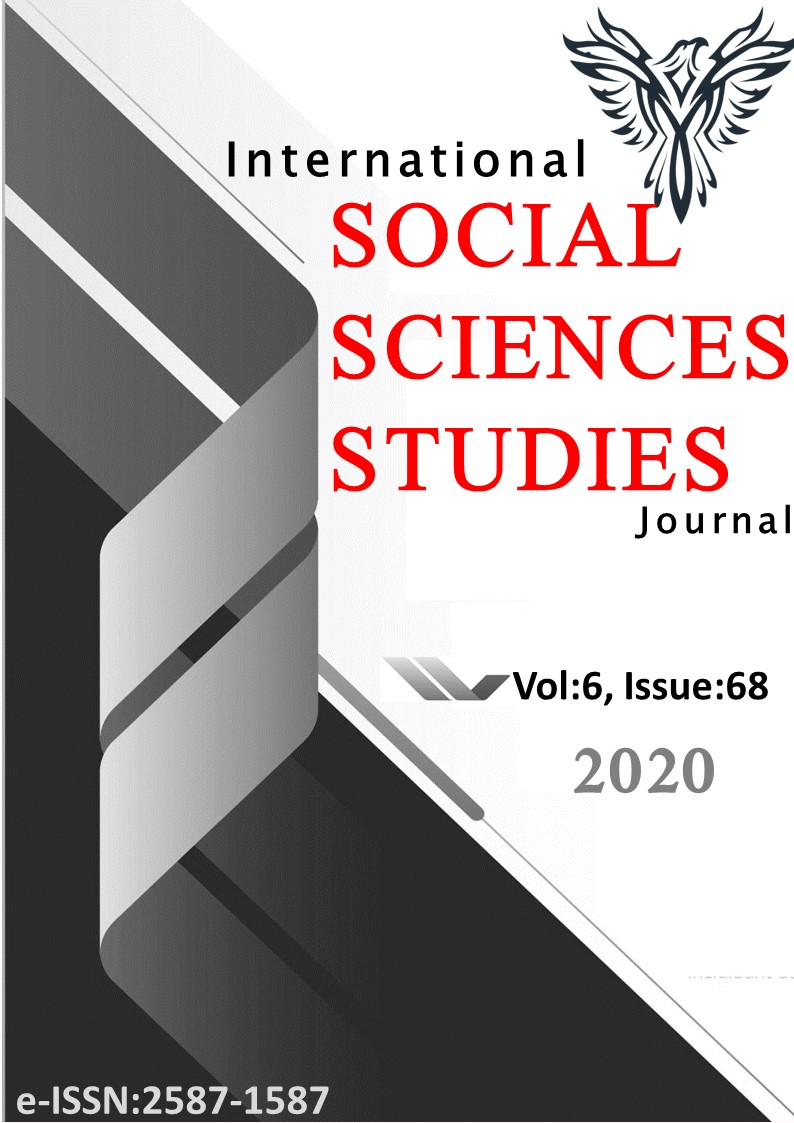Author :
Abstract
Kriz dönemlerinde artan iletişim gereksinimi ve ileti bolluğu sadece krizin değil, kriz iletişiminin de stratejik bir yaklaşımla yönetilmesini gerektirir. Halk sağlığını tehdit eden toplumsal hatta evrensel sonuçları olan salgın, epidemi ve pandemi gibi krizlerle mücadelede ise, ortak bilincin ve davranış değişikliğinin oluşturulması için etkili iletişim bir zorunluluktur. Halk sağlığının korunabilmesi için ise mevcut ve olası tehditlerin öngörülmesi, ulusal sağlık politikalarına ilişkin önlem ve önerilerin geliştirilmesi, üretilen çözümlere ilişkin ortak bilincin oluşturulması gerekir. Bu nedenle toplumu tehdit eden krizlerde davranışsal halkla ilişkiler yaklaşımı ve güvenilir iletişim kaynakları önem taşımaktadır. Covid19 pandemisi ile mücadelede istenen davranışların geliştirilebilmesi ve alınan önlemlerin toplumsal karşılık bulması ise, halkla ilişkilerde etkili iletişim sürecini ve iletişim kaynaklarına güveni ön plana çıkarmaktadır. Bu bağlamda yapılan araştırma Türkiye’de Covid-19’la mücadele kapsamında iletişim kaynağına duyulan güven ile etkili iletişimin davranış geliştirmeye katkısının olup olmadığı sorusunun yanıtına odaklanmaktadır. Araştırma kapsamında 586 kişiyle anket yapılmış bu anketlerden 575 tanesi değerlendirmeye alınmıştır. Araştırma sonucunda Türkiye’de Covid-19 sürecinde etkili iletişim açısından kaynağın önemli olduğu, uzmanlara güven duyulduğu sonucuna ulaşılmıştır. Yine araştırmada Türkiye’de Covid-19 ile mücadeleye yönelik davranış geliştirilmesinde güvenilir kaynaklardan alınan bilginin etkili olduğu görülmüştür.
Keywords
Abstract
The increasing need for effective communication and the abundance of various channels disseminating information necessitate a strategic and effective management of not only the crisis at hand, but also the way crisis communication is handled. A pandemic posing a threat to public health with societal, even global consequences generates a need for creating collective consciousness and initiating behavioral change in the masses through effective communication. Government officials have a duty in such situations to determine and foresee any current and possible future threats, develop national healthcare policies and create collective consciousness regarding those policies. Thus, the Public Relations approach and information disseminated from credible sources bears significant importance during such crisis. Instigating desired behavior and seeing collective outcome during the struggle against COVID-19 highlights the prominence of an effective Public Relations strategy and building trust in communication channels. This research is focused on examining the trust placed in the source of information and whether the level of trust affects developing collective behavior. A survey was conducted between 586 people and the answers of 575 participants were considered while conducting the study. The results of the study indicated that the source of the information was a determining factor in whether the information was taken into account by the public, and more trust was placed on healthcare experts in the context of COVID-19. The study also yielded that the information disseminated by trusted sources had prominence when it came to developing collective behavioral change.





